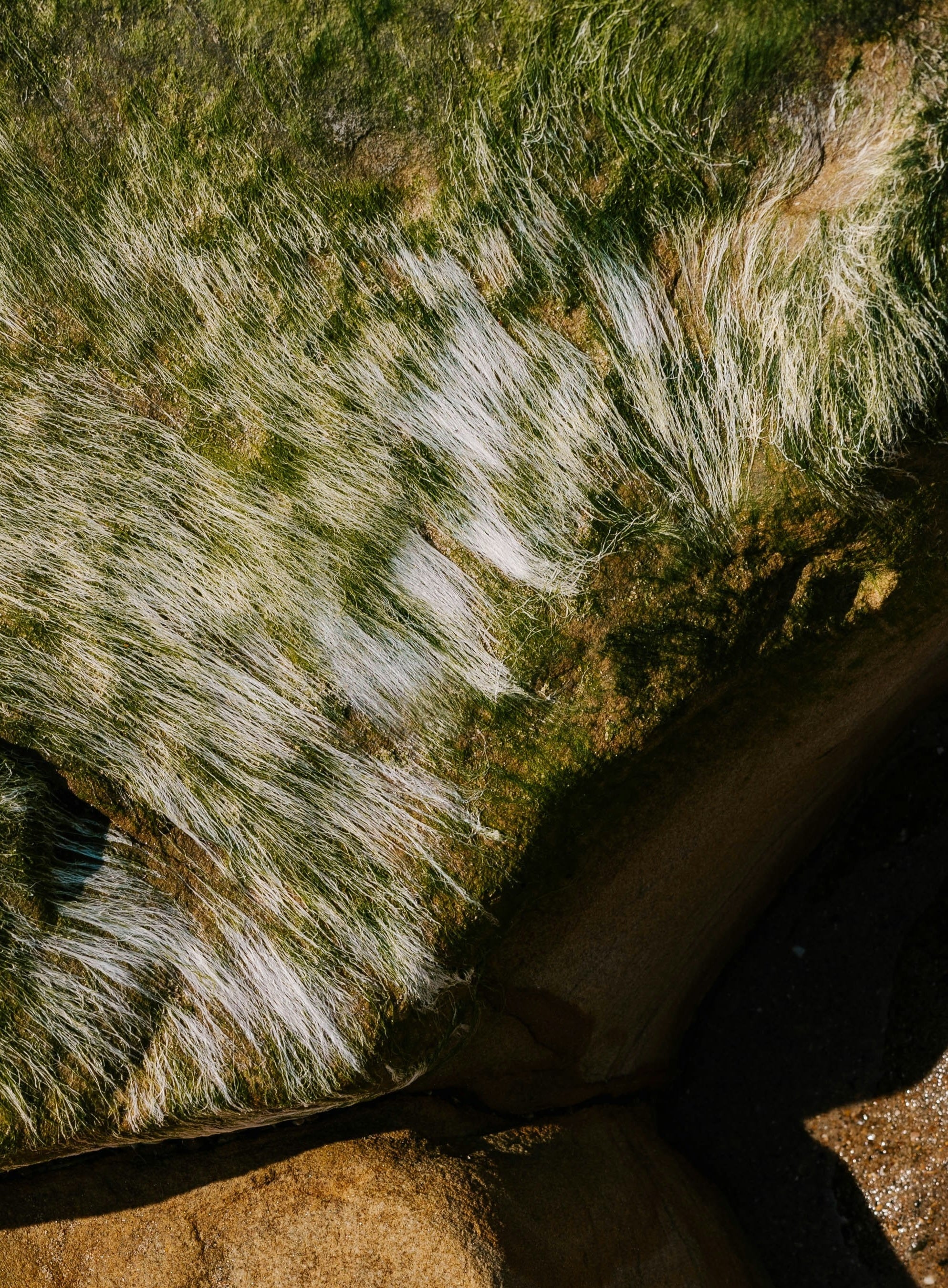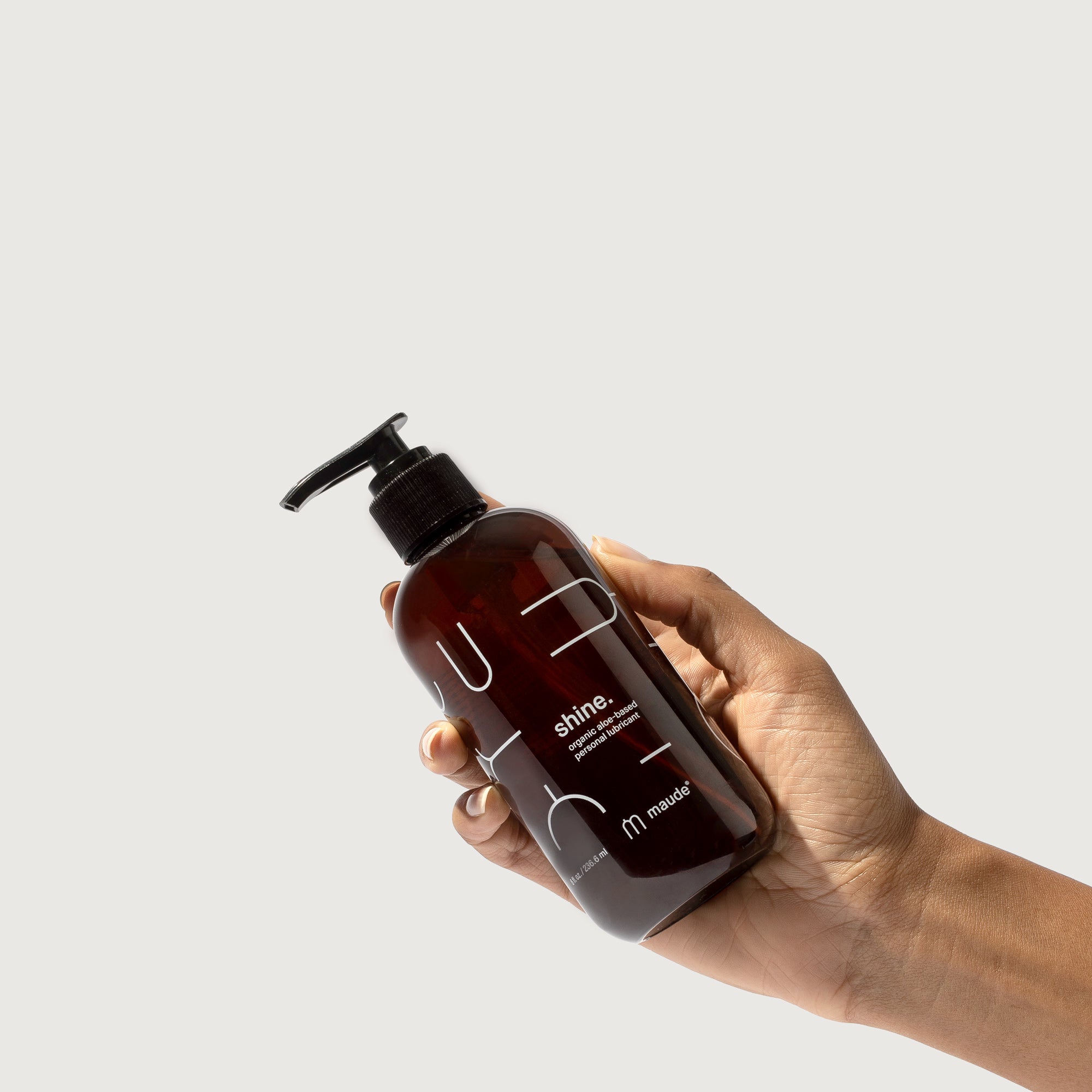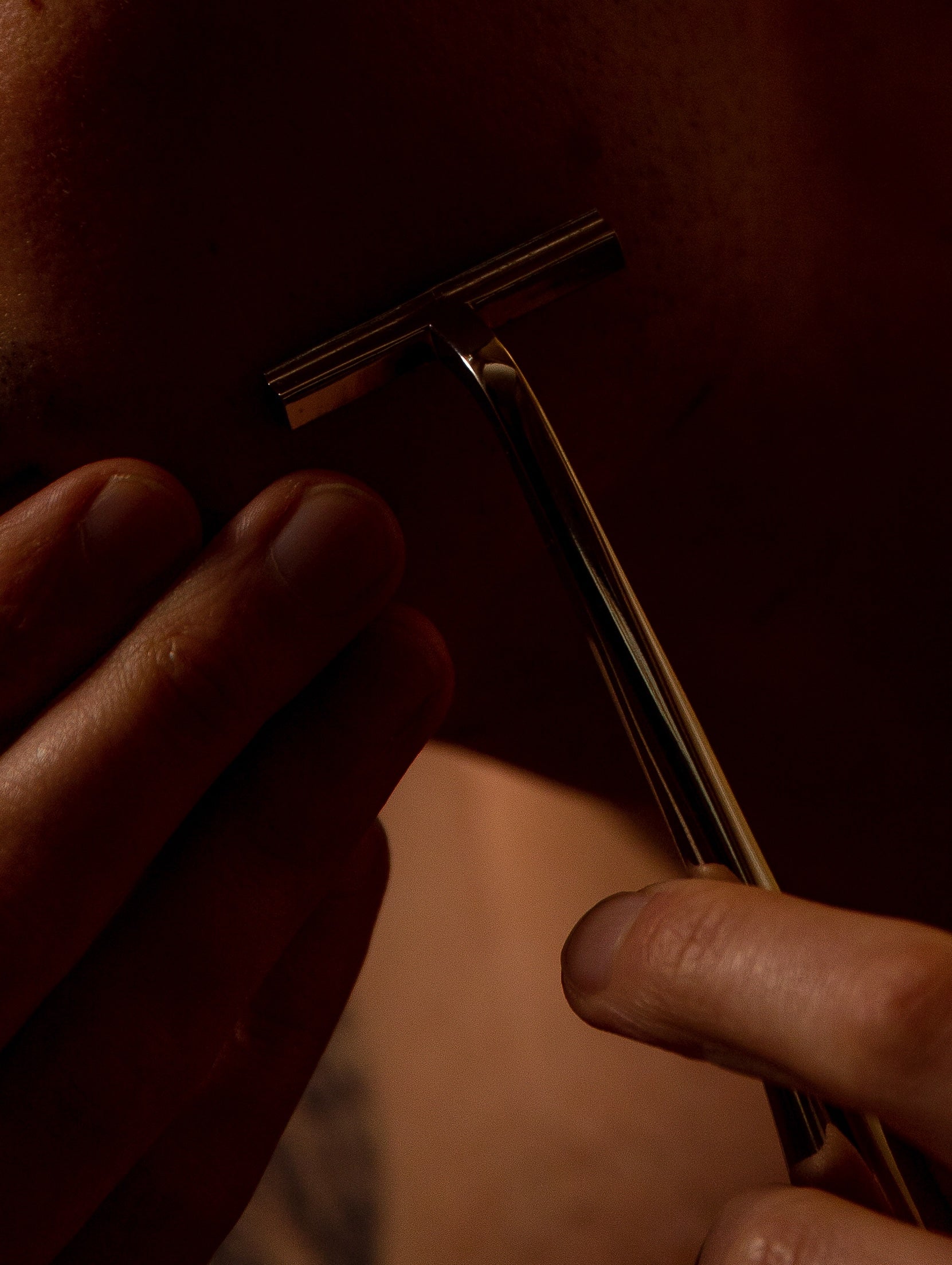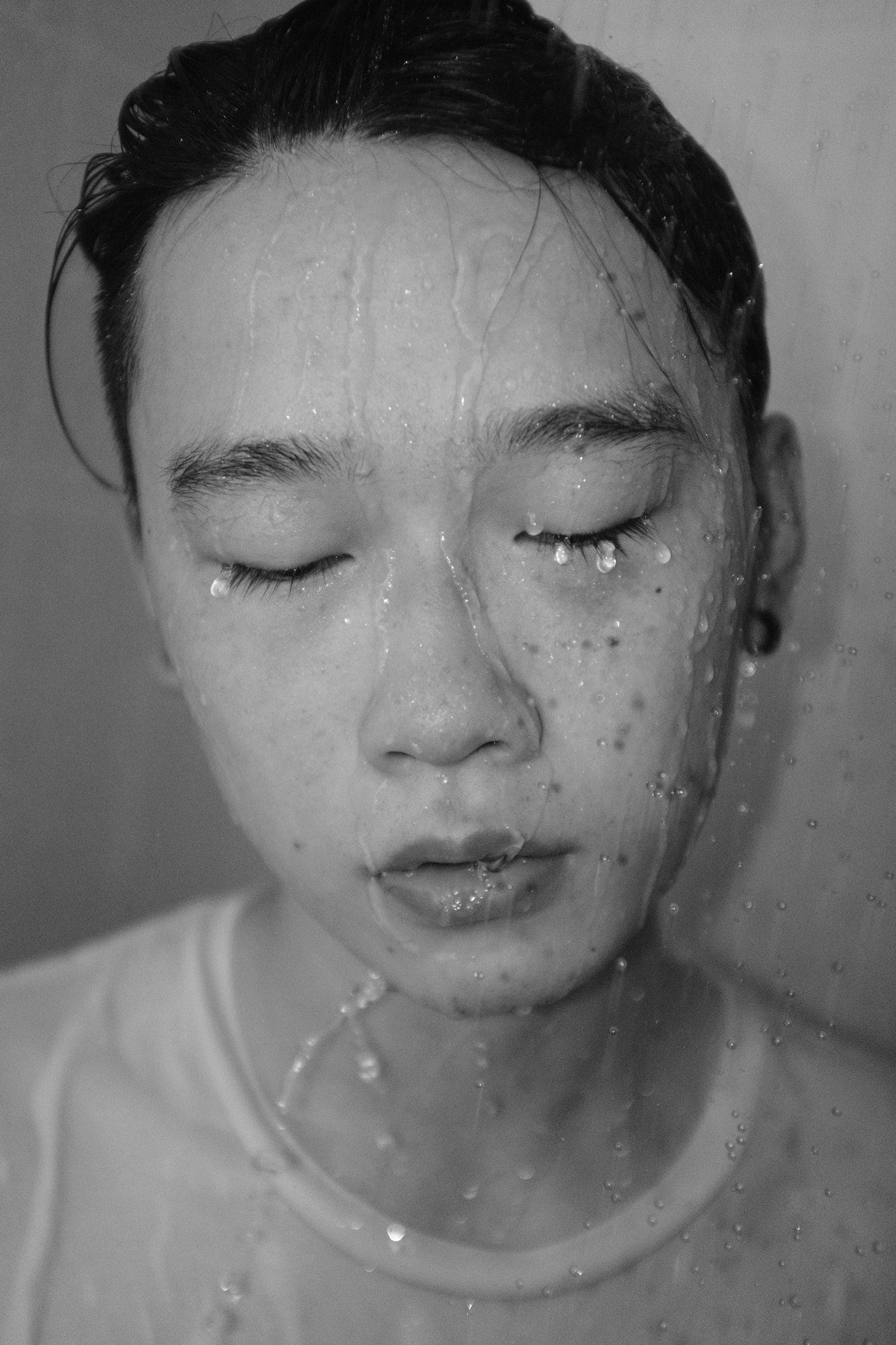Can Pubic Hair Make Sex Even Better?

It’s there for a reason, after all.
To groom or not to groom—that is one of the most divisive arguments when it comes to your nether regions. Personal preference plays a big role in how we decide to treat our pubic hair (and how we perceive it on a partner), but still, the debate on it goes back further than you might even imagine: ancient Egyptian hieroglyphics, for instance, show subjects of all genders both with and without hair down there.
Over time, cultural perceptions change, and today, people still choose to groom—or not—for reasons related to sexual agency, self-image, perceived hygiene standards, and personal upkeep limits (shaving, sugaring, waxing, and lasering all come with a certain time and financial commitments). But these decisions are made, more often than not, with a nod towards aesthetics, instead of another important factor we might consider: science. Is it possible that keeping your pubic hair makes sex even better?
It might. First, there’s the idea of pheromones—chemicals that have a distinct (yet consciously imperceptible) that many animal species give off to attract a mate. It’s believed that humans are one of these such species that give off pheromones, though there’s research to be done to come to a conclusive answer. One researcher from University College London’s Division of Infection and Immunology notes that pubic hair can “trap” pheromones, playing a role to make that person seem more attractive to potential sexual partners.
Even more clinically researched is the conclusion that pubic hair can make it less likely to contract some STIs. Some studies show that frequent pubic hair removal is correlated with an increased risk of contracting infections such as HPV and herpes (though a 2020 cross-sectional survey and some further studies dispute this). That survey, however, did note that the correlation between anal hair removal and increased anal STIs in men does hold up to further research, potentially because some grooming measures may contribute to the formation of micro-tears that bacteria may enter. It is important to note that the studies making these links are correlational and not causational (read: if you prefer to keep things trimmed, that doesn’t mean you’re destined to get an infection).
And there are even more clear-cut benefits: for people with vaginas, pubic hair can help vulvar skin retain moisture, act as a protective barrier for the skin, and increase sexual stimulation, gynecologist Jen Gunter, MD, explained to the New York Times. Plus, it can also help protect the skin against friction—which, during intercourse, is pretty much a given.
At the end of the day, the way you wear your hair down there is up to you, but if grooming isn’t in your game plan, some good may come of it.





